Our Lord in the Attic: Check Out Amsterdam’s Hidden Church
In the upper floors of a baroque canal house in Amsterdam’s red-light district, a mere stone’s throw from the Oude Kerk, stands Ons’ Lieve Heer op Solder (Our Lord in the Attic), a hidden Catholic church. Apart from a modern-day museum sign, there is nothing along the street to mark its presence – no rose windows, no steeples, not even a crucifix.
Thousands – including Rembrandt, no less – would’ve passed the house on their way to the Oude Kerk without knowing what lay behind its walls. The hidden church blends with the surrounding buildings, ensuring only the curious and those in the know discover its beautiful Baroque interior. Being in the old city centre, it is, of course, walking distance hotels and hostels in Amsterdam that you may choose to stay at.
Background of the Hidden Church
At the time of the building of the church, the Dutch Reformed Church was the only religion permitted in the Dutch Republic. While other religions and Christian denominations were banned, the state didn’t banish these wealthy adherents (and risk losing a source of taxes). They were permitted to conduct worship in private buildings, so long as they were not marked as churches or synagogues. Ons’ Lieve Heer op Solder is one of the last surviving reminders of those days of religious persecution.
Inside the House
The life of Jan Hartman, the owner of the house on Oudezijds Voorburgwal 40, was a classic rags-to-riches-and-back-to-rags story. He started out as a baker’s apprentice before working his way up to become a wealthy trader. No prizes for guessing when in his life he bought this dwelling, once you’ve looked around the rooms that his family lived in.
The furnishings reflect his station in life and include his own coat of arms (he was not a nobleman). More opulent places exist, but one would have to go to palaces and castles to see them. On the second floor, the steep narrow staircase (typical of the Netherlands) leads to the hidden church.
Another hidden church: The Trinity Chapel of Lublin
The Hidden Church
The church spans three floors of the house. After Hartman’s untimely death, his widow had to sell his property to service the debts he left behind. Thankfully, the later owners retained the church and even made it more ornate.
The current appearance dates from the middle of the 19th Century, including the brownish-pink paint (but not the fire safety features). Obviously, it doesn’t have the space for ornate side chapels or cenotaphs, but the stylistic influences from other baroque churches are ever present.
Despite the small footprint of the house, most of the features of larger post-Trentian churches are present. There is even a pulley system for replacing the altarpieces.
You’d think that they would keep the volume of the sung Mass down, but no, there’s an organ with a good set of pipes at the back.
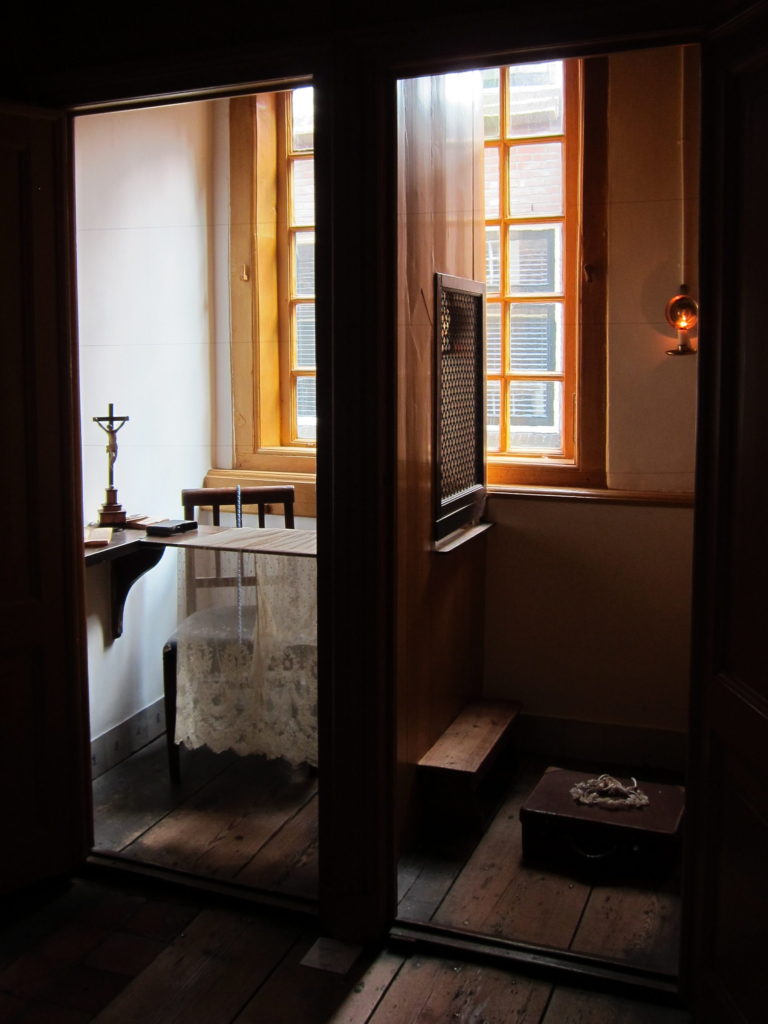
The view out of the window today takes in the towers of the Basilica of St Nicholas. Worship in the hidden church ceased when the Basilica opened in 1887 and the congregation finally had a dedicated sanctuary to worship in. The following year, the house became a museum.
Masses still take place on the first Sunday of the months outside summer. However, moderate your expectations: it’s in the Ordinary Rite, so it won’t take you back in time.
Details
Ons’ Lieve Heer op Solder
Oudezijds Voorburgwal 40, Amsterdam
10 a.m. to 6 p.m. every day except Sundays (1 p.m. to 6 p.m.), Christmas, Boxing Day, New Year’s Eve, New Year’s Day (limited hours) and 27 April (closed)
Admission is 12.50 Euro for adults (2020)
Make advanced bookings on the website
If you’re peckish at the end of your visit, consider these foods to try in Amsterdam.



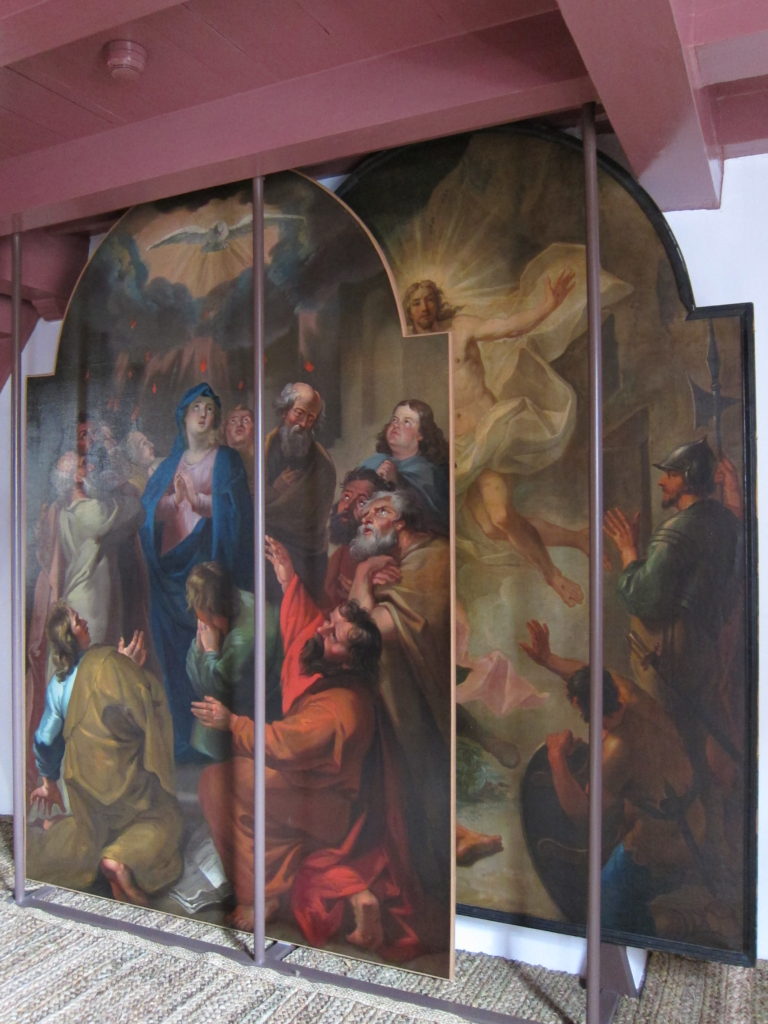

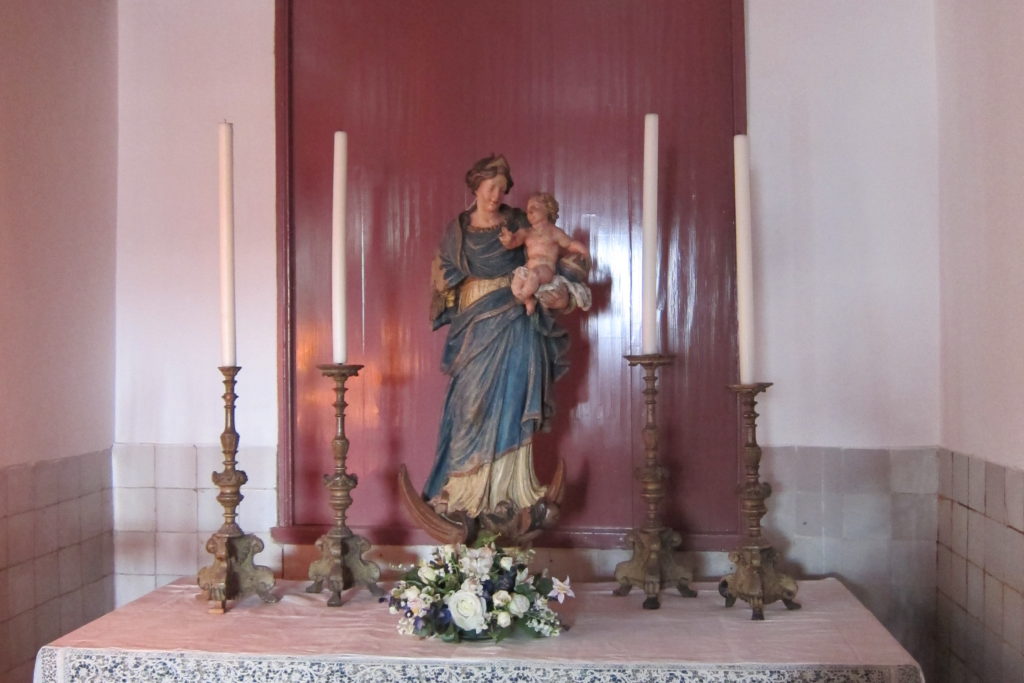
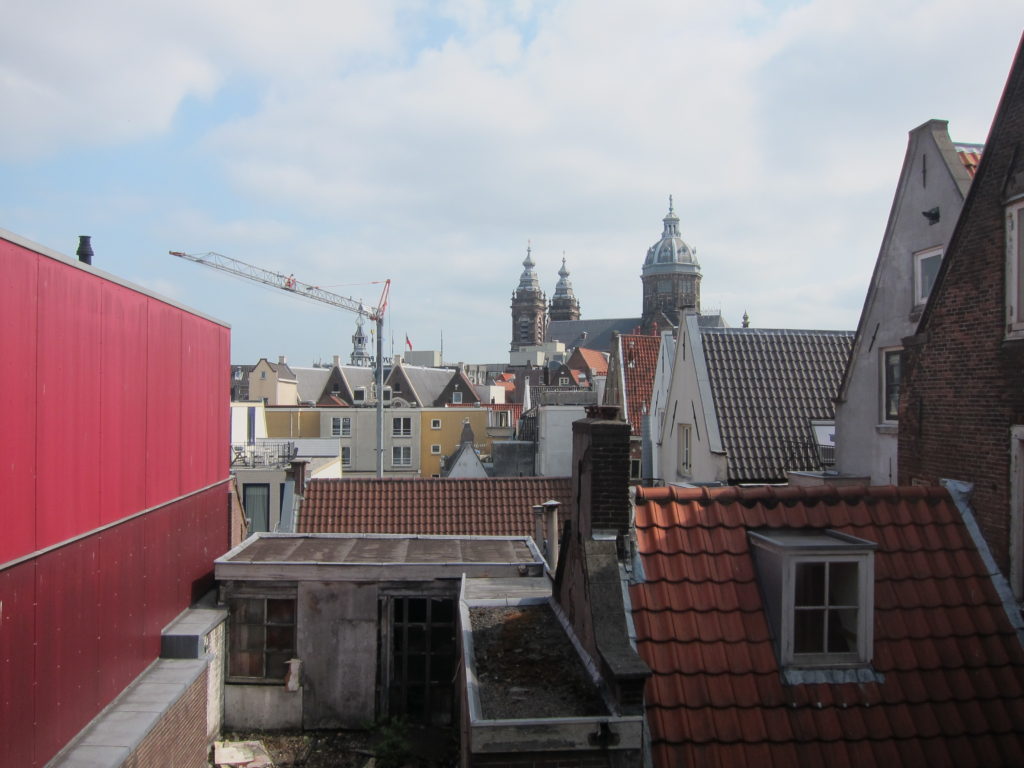
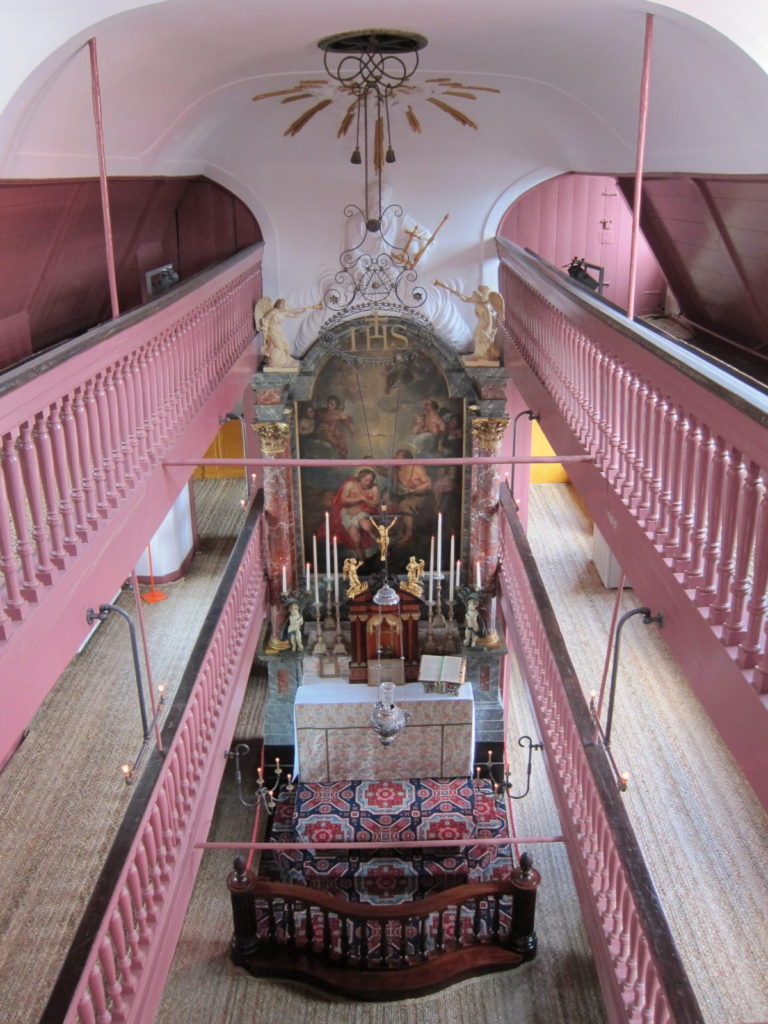
25/03/2022 @ 1:28 AM
Thanks for sharing all the images and details… I am adding to my list of must sees when I am in Amsterdam.